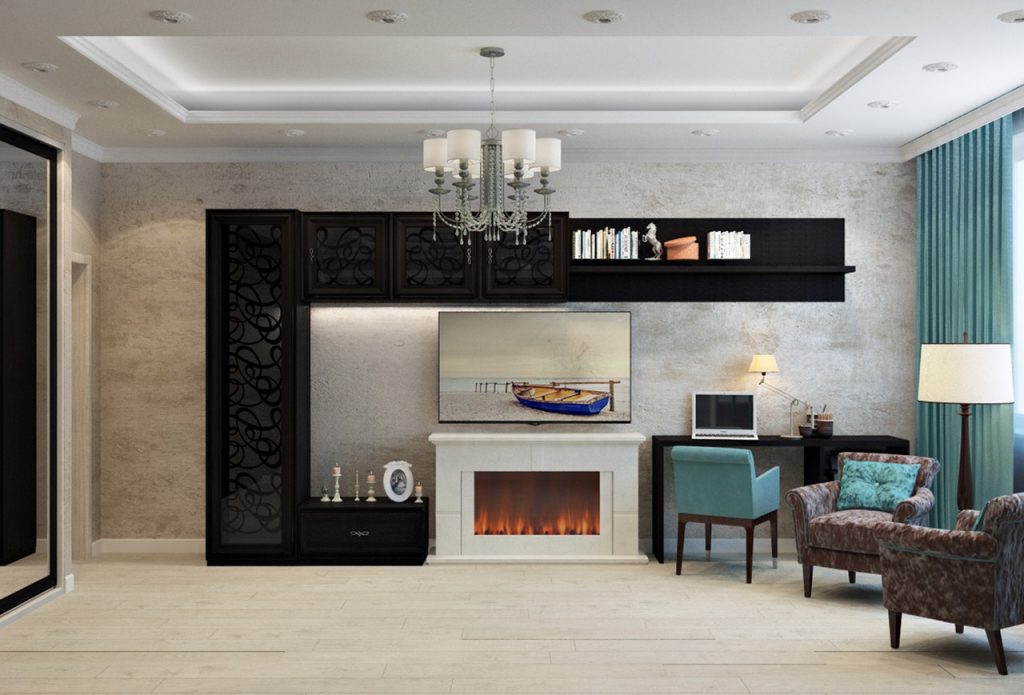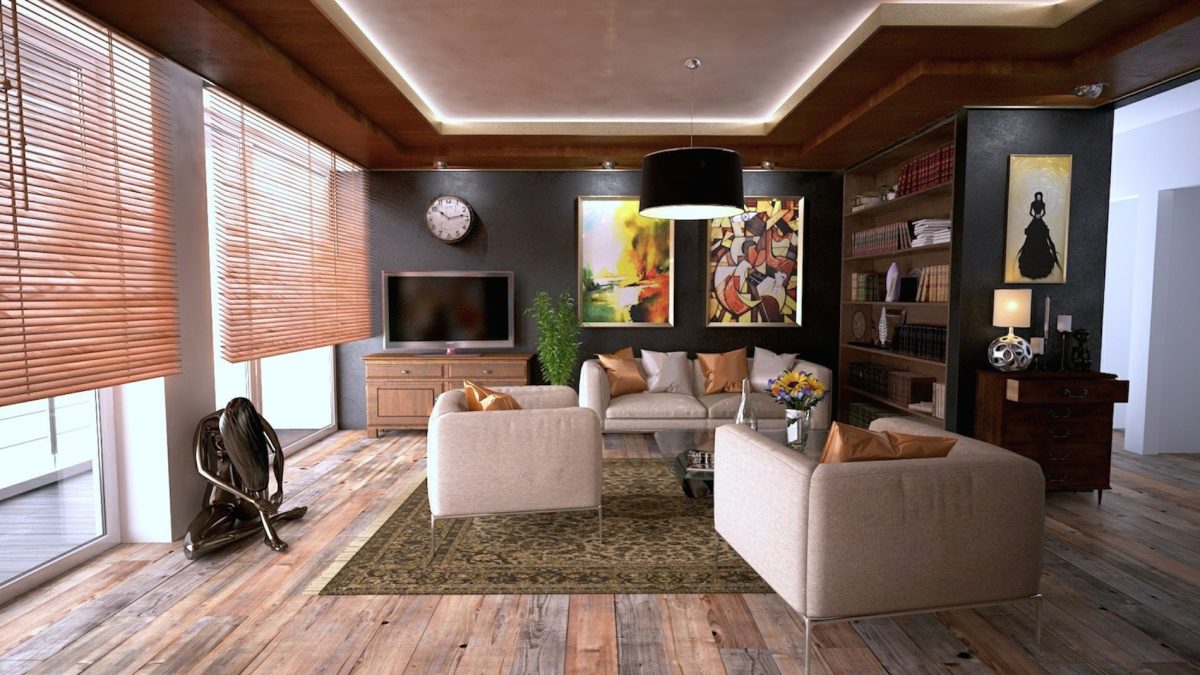Where Play Meets Passion

Across communities, the line between recreation and obsession is becoming beautifully blurred. You’ll find kids scaling a ninja playground and fitness obstacles like young warriors in training. Down the road, teens and adults gather around tables in collectible card stores near me, trading rare finds and memories. Meanwhile, tucked in game rooms and clubs, players chalk up their snooker cue with quiet focus, preparing for their next precision shot. These moments, though varied, share a common thread—play that’s deeply driven by passion.
In today’s world, play is no longer seen as the opposite of work or learning. Instead, it’s an extension of identity, a channel for growth, and often, a lifelong commitment. Whether it’s the physical test of an obstacle course, the strategic thrill of a card duel, or the calming ritual of cue sports, passion gives the play its depth and staying power.
The Physical Joy of Movement
For those who thrive on physicality, play becomes a vehicle for performance. Outdoor fitness spaces, especially those styled after ninja courses, have captured the imaginations of young and old. These aren’t just jungle gyms—they’re spaces designed to test coordination, endurance, agility, and mental grit. Inspired by popular competition shows and a renewed cultural focus on movement, they empower users to push boundaries in ways that are as fun as they are challenging.
Such spaces blend fitness and fun in a way that gyms sometimes can’t. There’s no pressure to lift weights or ru
n on treadmills—just a chance to explore what your body can do. It’s no surprise that families, fitness enthusiasts, and casual adventurers all find something worth chasing on these dynamic courses.
Collecting, Trading, Competing
Meanwhile, in quieter spaces lined with display cases and card binders, another form of play unfolds. Collectible card games are experiencing a vibrant resurgence, drawing in fans across generations. For some, it’s about nostalgia—reconnecting with the cards of their childhood. For others, it’s the thrill of building the perfect deck, discovering a rare pull, or competing in local tournaments.
More than just commerce, these stores often double as social hubs. Players form communities, make friends and share strategies. They connect over lore, characters, and shared memories. The joy of the hobby lies not only in collecting but in the stories the card
s carry and the people they bring together.
Precision in Cue Sports
Then there are those who find their passion in silence and stillness. Cue sports like snooker require precision, focus, and a ste

ady hand. The table is a canvas, and each shot is a calculated brushstroke. Players spend hours refining their technique, practising angles, and developing control over spin and speed. It’s a discipline as much as it is a game.
For many, snooker is meditative. It’s about presence—staying calm under pressure, reading the table, and staying one step ahead. This quiet concentration stands in contrast to the action of a ninja course or the buzz of a card tournament, but it shares the same intensity. Passion drives the hours of practice, the choice of gear, and the pursuit of perfection.
Why Passionate Play Matters
At first glance, these activities might seem worlds apart. But each speaks to a core human need: to engage deeply with something we love. Play becomes a way to channel energy, build identity, and experience connection. Whether you’re leaping from bars, flipping a rare card, or lining up a long shot, there’s a shared commitment to improvement—and joy in the process.
Passion brings focus. It turns casual interests into rituals, routines, even obsessions. And that’s a good thing. In a world of distractions, diving deep into a hobby is one way to stay grounded. It offers structure, goals, and community—all powerful elements fo
r personal growth.
Designing Spaces for Play
As these interests grow, so too does the demand for thoughtfully designed spaces. Playgrounds are becoming more inclusive and challenging. Card stores now offer tournament spaces, beginner sessions, and themed events. Snooker venues range from polished clubs to vintage pubs, each catering to different levels of play.
Design matters because it invites people in and makes them stay. A well-planned ninja course encourages creative movement. A cozy card shop makes space for friendships. A well-lit snooker room provides the right conditions for precision. The best spaces aren’t just functional—they’re inspirational.
Passion Across the Ages
What’s especially encouraging is how these passions span generations. Children, teens, adults, and seniors all find their rhythm in these pursuits. Parents play cards with their kids, teens train on ninja courses, and retirees take up snooker with the same drive they once brought to careers. Passion doesn’t fade—it just finds new expressions.
This lifelong connection to play offers mental, emotional, and physical benefits. It keeps people active, curious, and socially connected. It reduces stress, sparks creativity, and provides a sense of belonging. More than ever, passionate play is being embraced as a tool for holistic well-being.
“Where Play Meets Passion” is more than a phrase—it’s a movement. In every corner of every town, people are finding outlets that blend fun with purpose. A playground becomes a training ground. A card becomes a portal. A cue becomes a tool of focus. And through each of these, we’re reminded that play isn’t just for children—it’s for anyone with a heart to explore and a mind to master.
In these spaces, what starts as play grows into something greater. It becomes a passion. It becomes purpose. And it reminds us that joy, in all its forms, is worth chasing—one card, one climb, or one shot at a time.






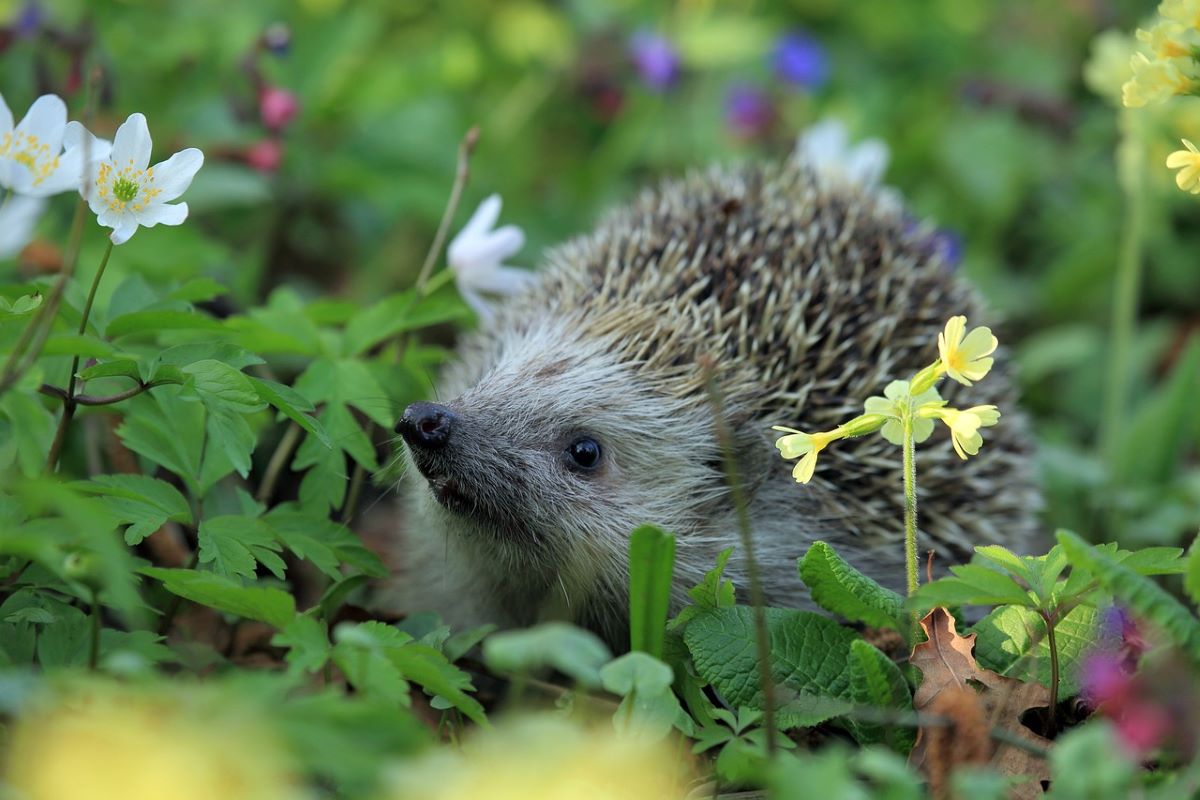


 The foundation of a greener future starts with the materials and construction methods used in building homes. When considering materials, think about using eco-friendly options like reclaimed wood and recycled metals. For instance, opting
The foundation of a greener future starts with the materials and construction methods used in building homes. When considering materials, think about using eco-friendly options like reclaimed wood and recycled metals. For instance, opting 



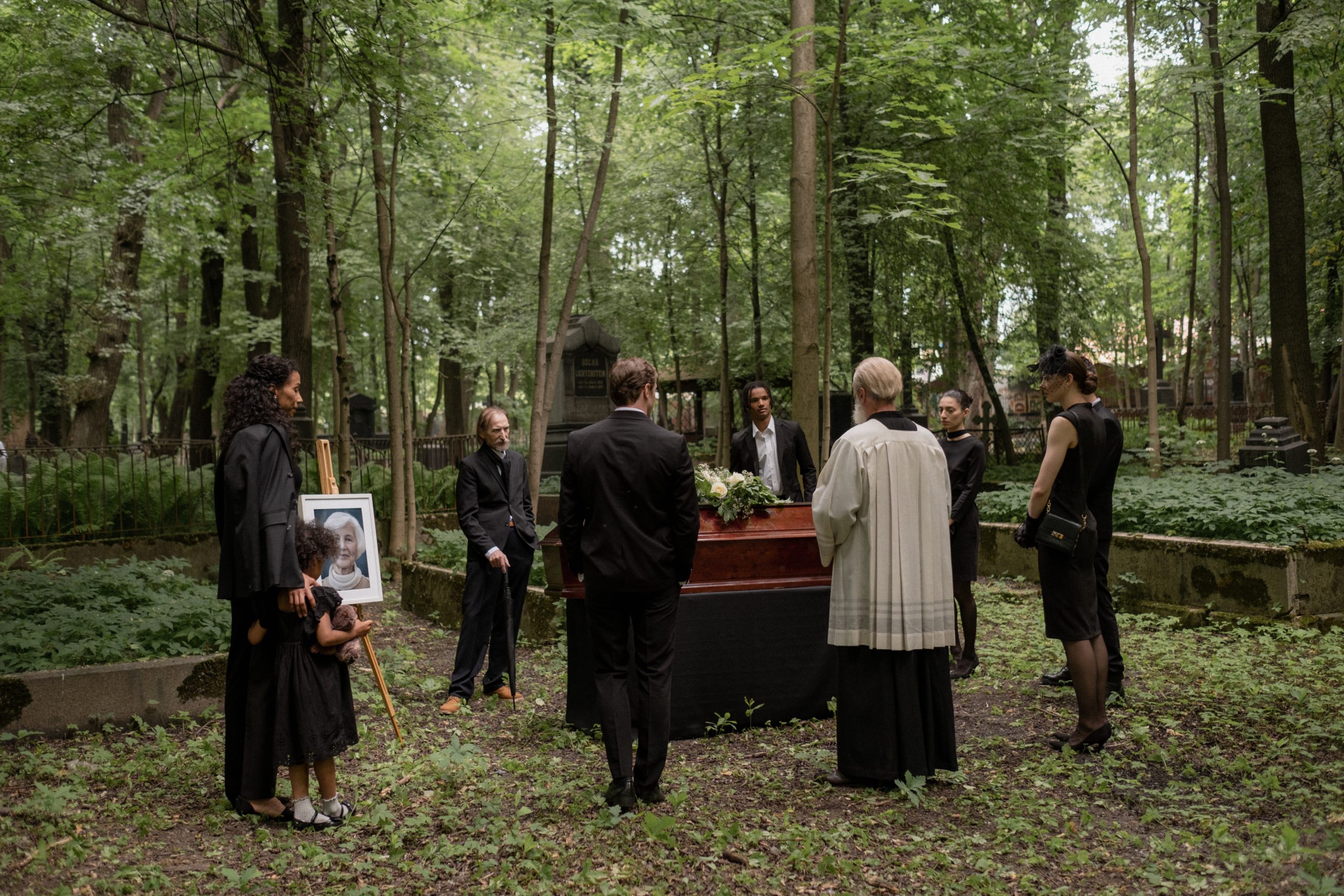


 If you and your partner haven’t been feeling emotionally healthy lately, consider taking a short holiday to connect and escape your usual routine rather than just going out for dinner. Plan the trip with your partner and look for activities to help you both relax. For example, there are some fantastic couples massage deals in Perth that you can book in advance. Look for the best couples massage in Perth to help your mind and body relax. This can help your relationship grow as it allows one to discover more about each other’s needs and learn self-love. Later, you can impress them with some beautiful flowers and chocolates.
If you and your partner haven’t been feeling emotionally healthy lately, consider taking a short holiday to connect and escape your usual routine rather than just going out for dinner. Plan the trip with your partner and look for activities to help you both relax. For example, there are some fantastic couples massage deals in Perth that you can book in advance. Look for the best couples massage in Perth to help your mind and body relax. This can help your relationship grow as it allows one to discover more about each other’s needs and learn self-love. Later, you can impress them with some beautiful flowers and chocolates.
 The Nun – Last year, when The Nun movie was released in the theater’s everybody was excited about the character because of its unique and creative attire and look. Today when we think about wearing an amazing costume to a theme party, the Nun character feels perfect to fit in the category of creating an interesting look. For a spooky and horror look, you can wear a white dress and put on some spooky white make-up with a bit of bright red lipstick. But what can elevate this look are
The Nun – Last year, when The Nun movie was released in the theater’s everybody was excited about the character because of its unique and creative attire and look. Today when we think about wearing an amazing costume to a theme party, the Nun character feels perfect to fit in the category of creating an interesting look. For a spooky and horror look, you can wear a white dress and put on some spooky white make-up with a bit of bright red lipstick. But what can elevate this look are 
 Collapsible Tanks
Collapsible Tanks



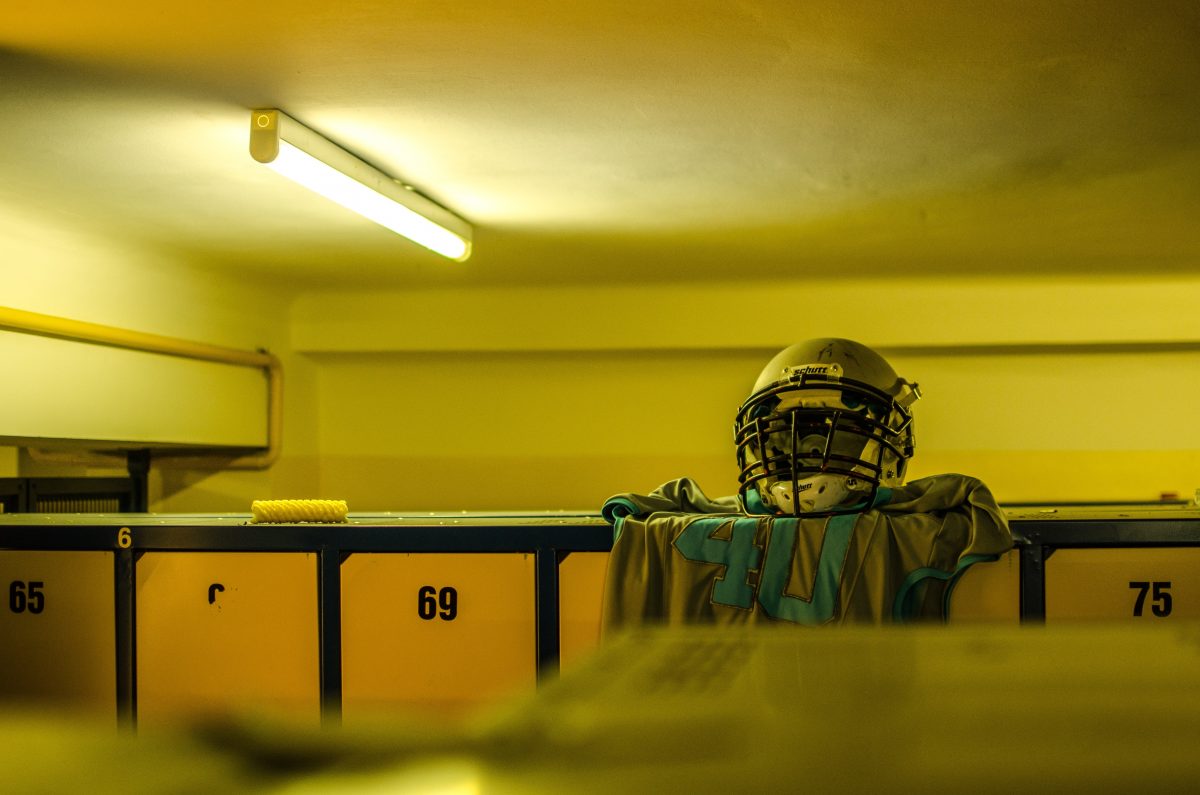

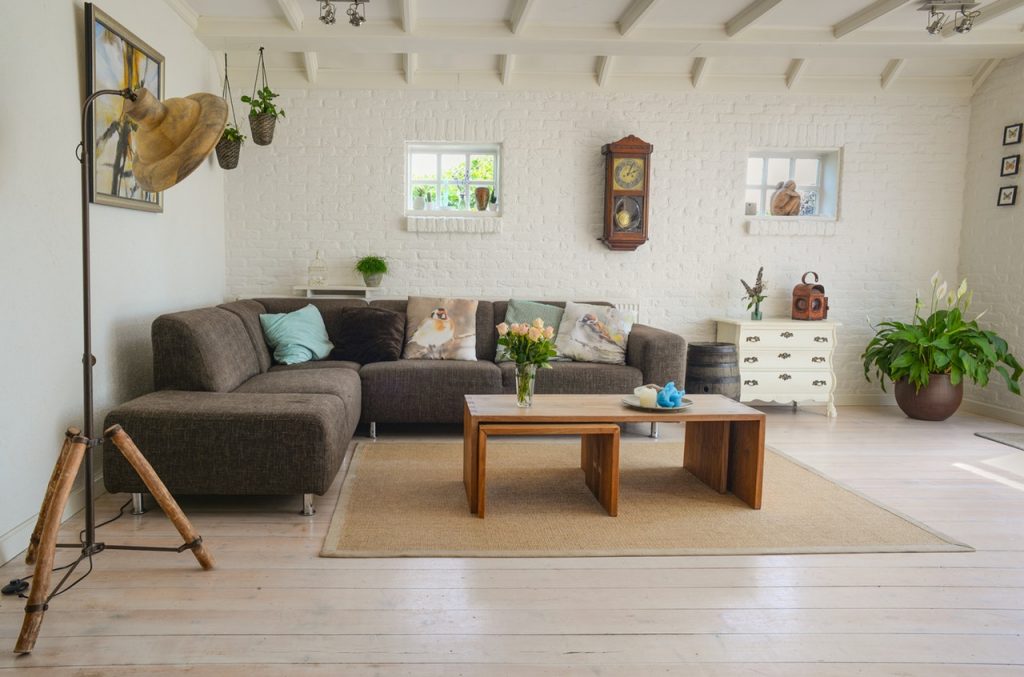
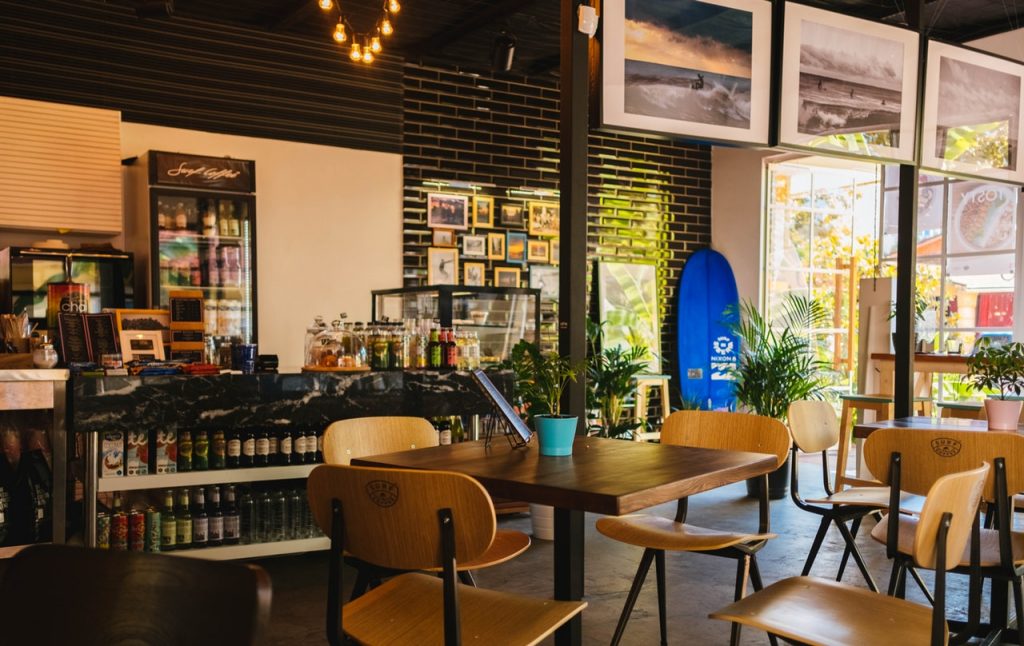





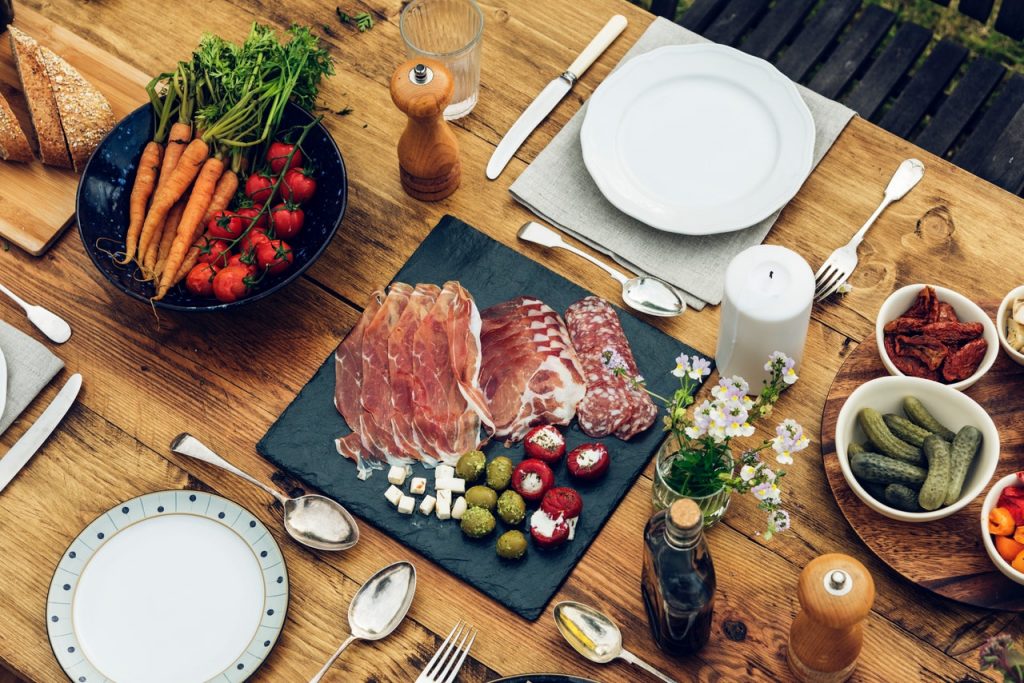

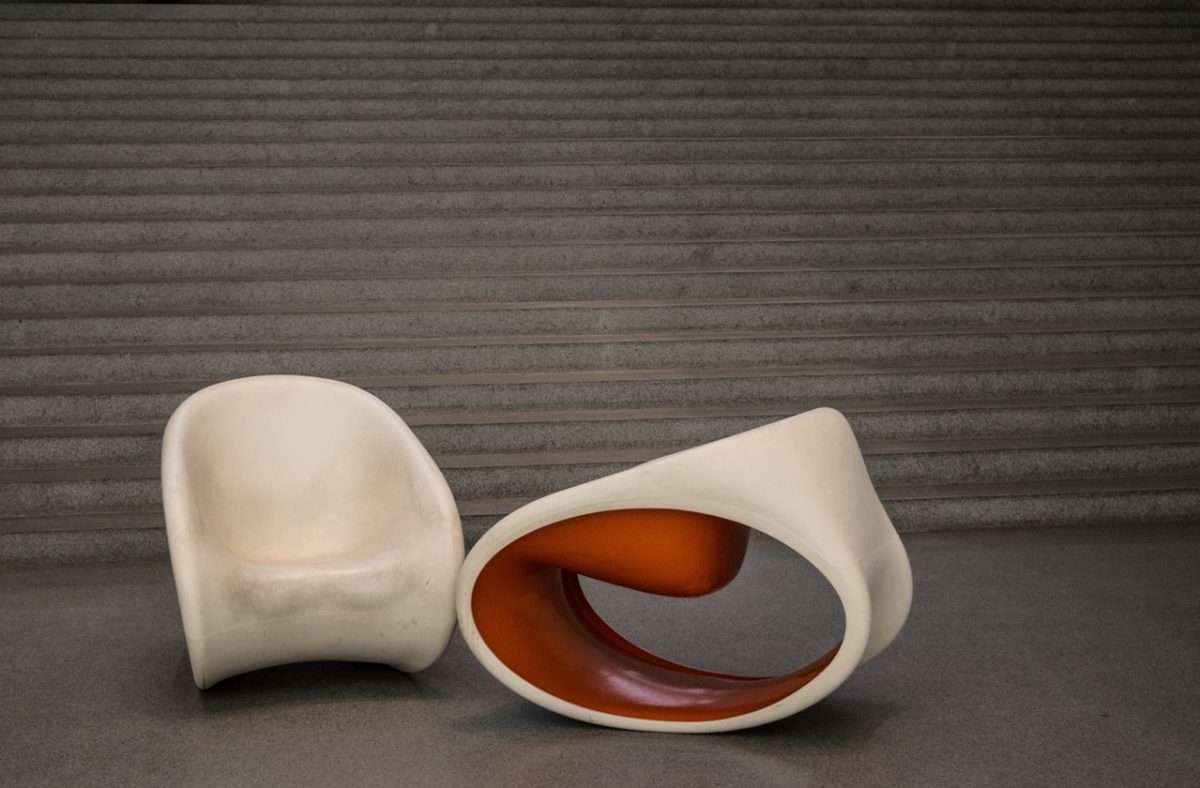

 2. Walls: All of us know there are not enough hooks at a rental home, but thankfully there is a massive selection of stick-on hanging strips to let’s fill out the walls, without creating one gap. Hanging your favourite paintings increases the personalisation as well as adding some interest and a talking point to the room. Think about using many small/medium frames to fill a massive wall; they’re lighter to hang compared to one big piece, and you can swap them around once the mood suits.
2. Walls: All of us know there are not enough hooks at a rental home, but thankfully there is a massive selection of stick-on hanging strips to let’s fill out the walls, without creating one gap. Hanging your favourite paintings increases the personalisation as well as adding some interest and a talking point to the room. Think about using many small/medium frames to fill a massive wall; they’re lighter to hang compared to one big piece, and you can swap them around once the mood suits.